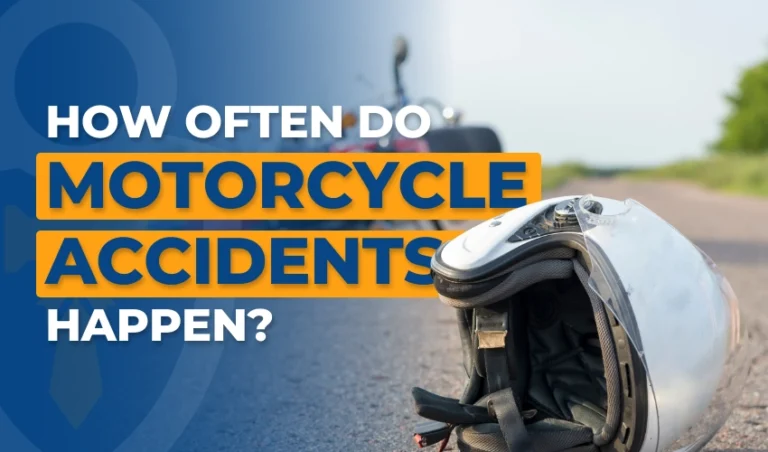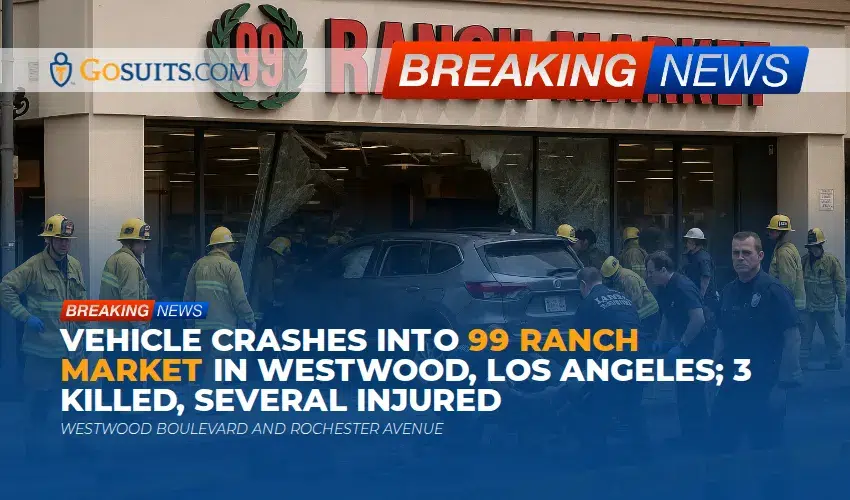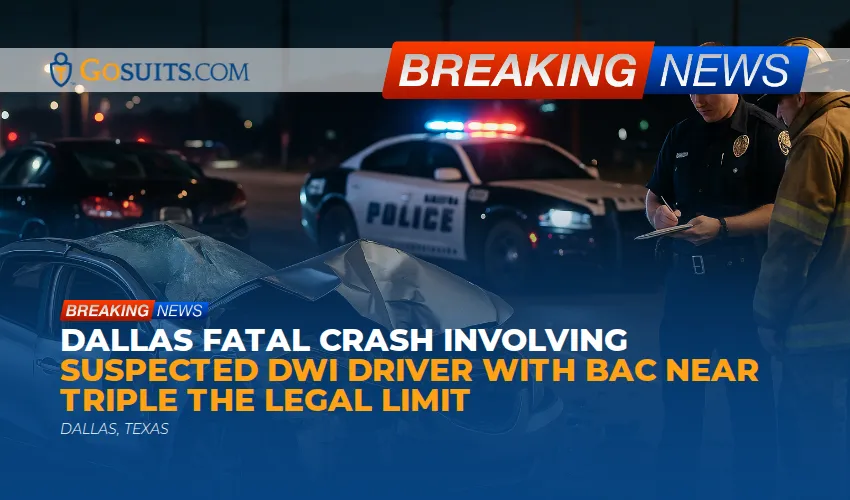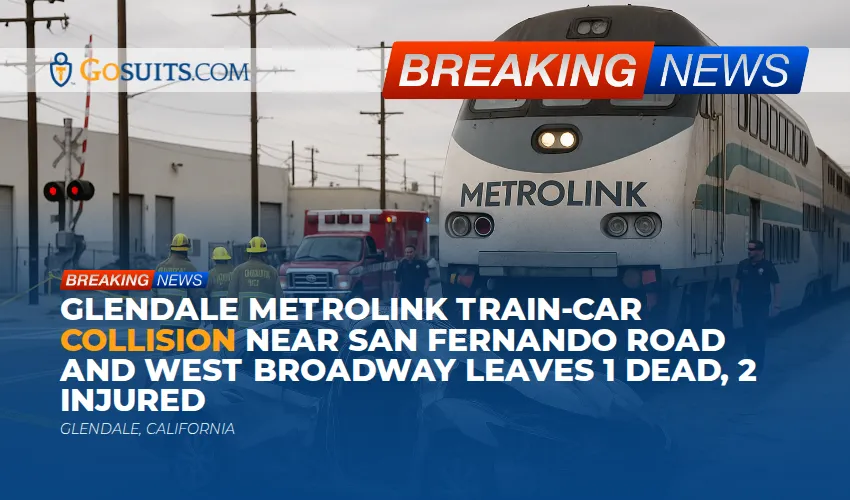Motorcycle accidents are unfortunately more common than many people realize, and the consequences can be devastating. Understanding how often these accidents occur and the factors that contribute to them is an essential step toward safer roads for everyone. By exploring the numbers and the circumstances surrounding motorcycle crashes, we can better grasp the scope of the issue and why it matters.
Globally and nationally, motorcycle accidents occur at alarming rates. In the United States alone, motorcyclists represent about 14% of all traffic-related deaths, even though motorcycles make up only 3% of registered vehicles. These figures stress the vulnerability of riders compared to drivers of other vehicles. Time of day, road conditions, and even seasonal changes also impact how often these accidents occur. Weekends and evening hours tend to be particularly dangerous, as more riders take to the roads during these times, often encountering heavier traffic or less favorable visibility.
But statistics alone can feel impersonal, and behind every number is a person—a family member, a friend, a community member. Motorcycle accidents are not just numbers; they are life-altering events that affect all of us in profound ways. When we talk about how often these accidents happen, we’re talking about real lives interrupted by sudden tragedy or long, painful recoveries. That’s why it’s important to look deeper into why these accidents occur and what we can collectively do to reduce them.
What Causes Motorcycle Accidents to Happen So Frequently?
Motorcycle accidents happen for a variety of reasons, many of which are beyond the rider’s control. The most common causes include:
- Distracted driving: Drivers who text, adjust their radios, or fail to pay attention can easily miss seeing a motorcyclist, leading to catastrophic consequences.
- Limited visibility: Motorcycles are smaller and harder to spot, particularly in blind spots or during poor weather conditions.
- Road hazards: Gravel, potholes, oil slicks, and uneven pavement pose significant risks to motorcyclists, even if they are minor inconveniences for cars.
- Speeding and impaired driving: Excessive speed and the influence of alcohol or drugs impair judgment and reaction time, making accidents far more likely.
Even with defensive driving and protective gear, some accidents occur due to these uncontrollable factors. The reality is that sharing the road with larger vehicles leaves motorcyclists with a smaller margin for error. Recognizing these causes reminds us of the shared responsibility to prioritize safety and vigilance for everyone on the road.
Are Motorcycle Accidents More Common Than Other Types of Accidents?
Yes, motorcycle accidents occur more frequently relative to the number of motorcycles on the road compared to other vehicles. Studies consistently show that motorcyclists are far more likely to be involved in fatal accidents than drivers of passenger vehicles. One of the key reasons for this disparity is the lack of physical protection motorcycles provide. Unlike cars, which have seat belts, airbags, and steel frames, motorcycles expose riders directly to the impact of a crash.
The statistics paint a sobering picture. Per mile traveled, motorcyclists are about 29 times more likely to die in a crash than occupants of cars. Injuries are also more severe for motorcyclists, often requiring extensive medical treatment and rehabilitation. The high risk is not just due to the lack of physical protection but also because motorcycles are more sensitive to changes in road conditions and other vehicles’ actions.
What Are the Impacts of Motorcycle Accidents on Victims and Families?
The impacts of a motorcycle accident extend far beyond the moment of the crash. For victims, the physical toll can be immense. Broken bones, traumatic brain injuries, spinal cord injuries, and severe road rash are just some of the potential outcomes. The recovery process is often long and painful, requiring surgeries, physical therapy, and emotional resilience.
For families, the emotional and financial strain can be overwhelming. The sudden loss of a loved one in a fatal accident or the ongoing care required for someone with life-altering injuries changes everything. Hospital bills, lost income, and the psychological weight of seeing a loved one suffer create challenges that can last for years. Even minor accidents can leave emotional scars, as riders and their families grapple with the what-ifs and the close call they experienced.

What Can Be Done to Prevent Motorcycle Accidents?
Preventing motorcycle accidents requires a collective effort from riders, drivers, and policymakers.
For motorcyclists, critical steps include:
- Wearing protective gear, including helmets, to reduce the severity of injuries in a crash.
- Practicing defensive driving to stay aware of potential hazards on the road.
- Following traffic laws and avoiding risky behaviors, such as weaving through traffic or speeding.
For drivers of other vehicles, important actions involve:
- Checking blind spots and giving motorcyclists adequate space on the road.
- Using turn signals and avoiding distractions while driving.
- Being mindful of motorcycles’ smaller size and faster maneuverability to ensure safe interactions.
Public awareness campaigns, enhanced infrastructure, and stricter enforcement of traffic laws also contribute to reducing accidents. By creating a culture of respect and vigilance on the road, we can create safer conditions for everyone. Ultimately, the goal is not just to prevent accidents but to ensure that every rider and driver gets home safely.
Why Might You Need a Motorcycle Accident Lawyer After a Crash?
If you’ve been involved in a motorcycle accident, navigating the aftermath can feel overwhelming. The physical, emotional, and financial challenges are often compounded by the complexity of dealing with insurance companies and determining liability. This is where working with a motorcycle accident lawyer can make a difference.
A lawyer with experience in handling motorcycle accident cases can help ensure that your rights are protected. In most cases, the focus is on seeking compensation for damages, including medical expenses, lost wages, and pain and suffering. Insurance companies may try to minimize payouts or shift blame onto the rider, making it even more critical to have someone advocating for you.
An attorney can also provide clarity during a confusing and stressful time. They can help with key steps such as:
- Gathering evidence and documentation to support your case.
- Working with experts to reconstruct the accident and determine liability.
- Negotiating with insurance companies to seek fair compensation for your losses.
While no one can undo the accident itself, having someone in your corner can help you focus on recovery while they handle the legal complexities. Knowing that you have support can provide some measure of relief in an otherwise difficult situation.








